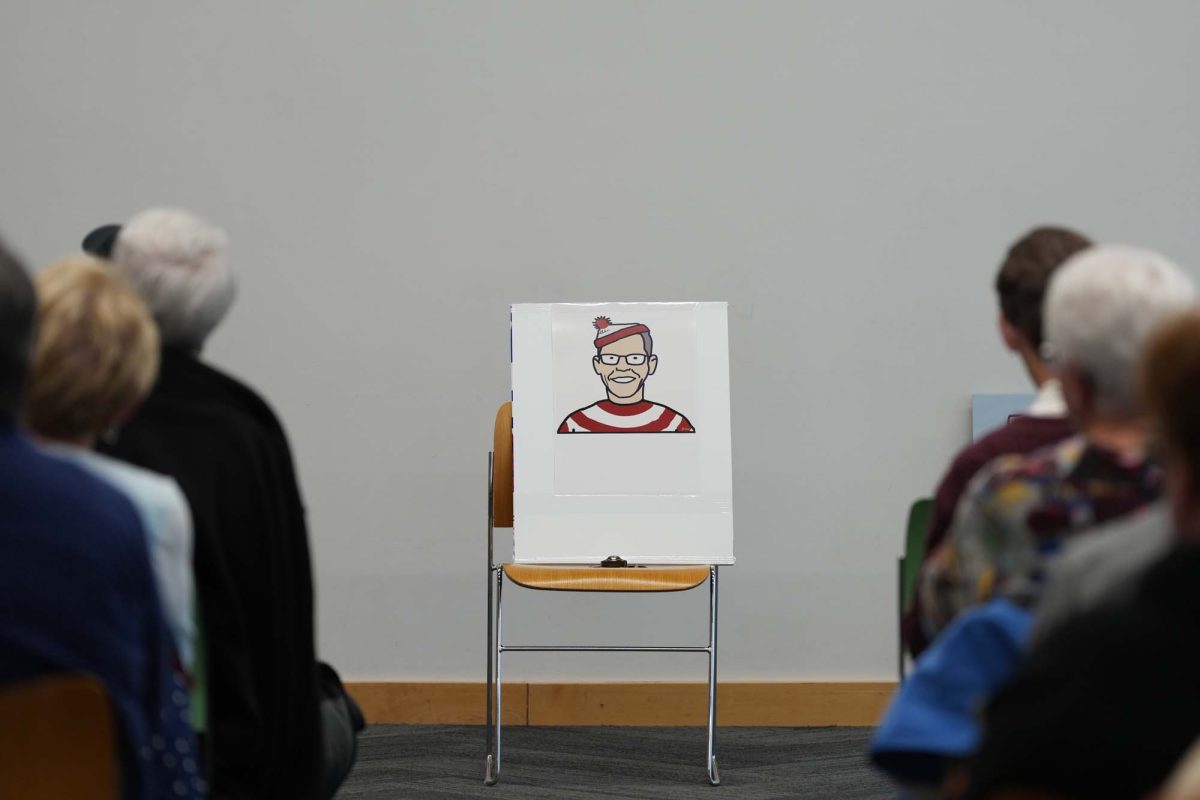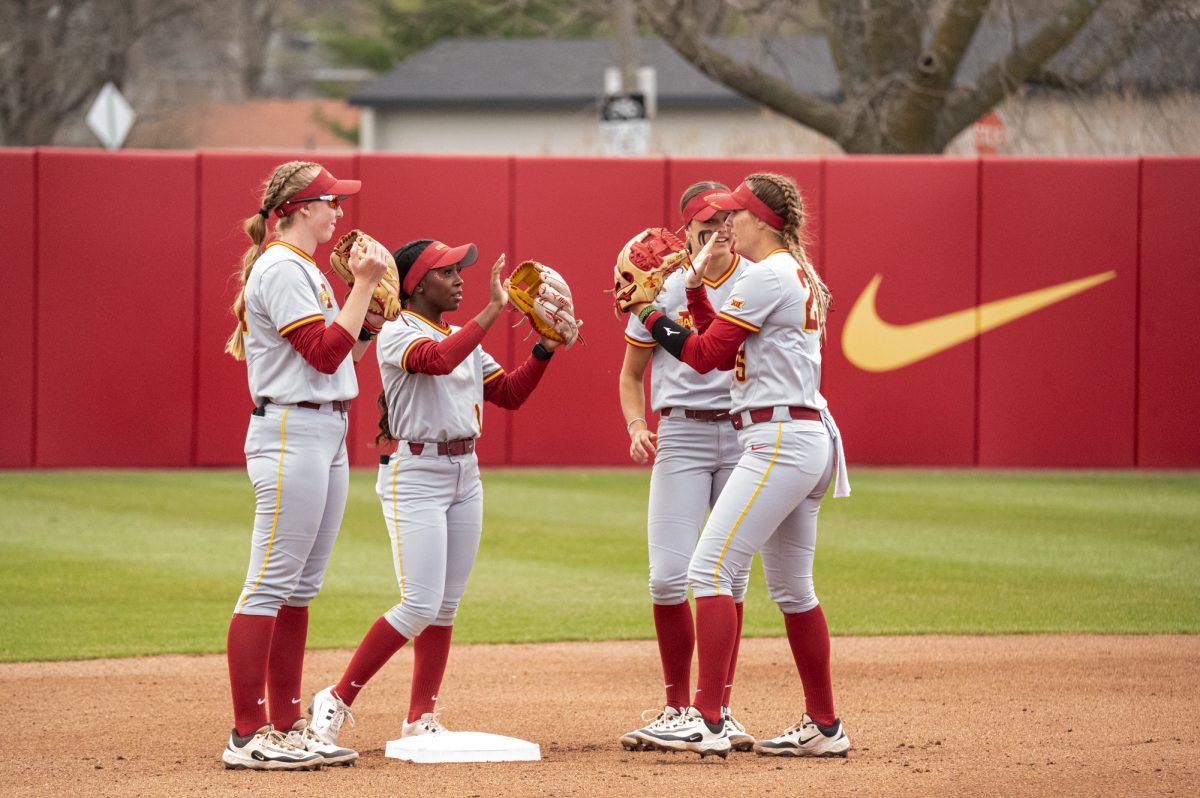A woman of firsts
February 24, 1997
Editor’s note: This is the final profile of a noted African American with Iowa State connections. The Daily is running four profiles, on Mondays, in light of February’s Black History Month activities.
Dr. Vivian L. Fuller started her 14-hour work day last Friday at 5 a.m. by seeing Chicago’s Northeastern Illinois University swim team off to one of its meets.
She then spent more than an hour meditating and working out. She runs for an hour and lifts weights every other day. The rest of her schedule is filled with phone calls, meetings, and more recently, fund-raising projects and marketing promotions for Northeastern’s athletic department.
Fuller, 44, is one Iowa State success story who hasn’t received the prominence of Jack Trice or George Washington Carver. But she is an individual of firsts. Perhaps, most notably, she is the country’s first black woman to be permanently hired as a Division-I athletic director.
Athlete to Iowa Stater
Fuller began her career in the collegiate sports world as a volleyball player at Fayetteville State University, N.C. She received her master’s degree at the University of Idaho. In 1978 Fuller was named the director of intramurals at Bennett College in North Carolina.
She then went on to become the women’s volleyball and softball coach at North Carolina A&T University in 1980. After several administrative and coaching positions in North Carolina and Indiana, Fuller earned her doctorate in professional studies in education at Iowa State.
“I chose Iowa State because it was one of the top 10 research schools in the nation, and I didn’t have a strong research background,” Fuller said. “I think Iowa State provided me the opportunity that helped me develop my professional career. I met a lot of great people who were my mentors at Iowa State.”
One of these people is George Jackson, the assistant dean of the Graduate College.
Jackson described Fuller as a strong-willed student who is very intelligent.
“She had a vision for what she wanted to do,” Jackson said. “Vivian had a presence about her. She was focused and very determined under the dynamics of people.”
Growth in women’s sports
After holding several small administrative and coaching jobs, Fuller landed her current position at Northeastern Illinois where she has been for nearly five years.
However, Fuller said she does not consider being the first black woman Division-I athletic director as important as doing her job.
“Society puts labels on people,” Fuller said.
“What’s important is how one does their job. It’s a great accomplishment, but it didn’t happen overnight. It was through hard work and perseverance,” she said.
Women’s athletics, she said, has improved since the NCAA passed Title IX in 1972, which set gender equity standards in college athletic departments.
Fuller describes it as a “phenomenal growth in women’s sports, especially in the last three years.”
“We still have a long way to grow,” she said.
Because of the influence of Title IX, she said, more women are coaching women’s sports. But lately, Fuller said, it’s been dropping. She said she wants to see a feeder system so women can find more jobs in sports administration.
Although Fuller said women’s sports need increased media attention, fan popularity for women’s sports is catching up with the men’s sports.
“It is already there,” she said. “Final Four women’s basketball tickets sold out in an hour for this year.”
Fuller said women’s basketball is used as a model for public attention because it is a fundamental game. She also said the existence of two professional women’s leagues is a big help in spreading the word about the popularity of women’s sports.
Spiritual base
Fuller said her success as an athletic administrator is partly attributed to having a strong spiritual base.
“It helps to have a strong sense of self and a strong spiritual base,” she said, “that I’ve had since childhood. I have been blessed through my professional career. As older women, you don’t lose your spiritual base, you defined it.”
Jackson said he is not surprised by Fuller’s success.
“Her greatness,” he said, “still lies beyond what she’s accomplished.”
— Some information for this report was provided by the ISU Foundation.






